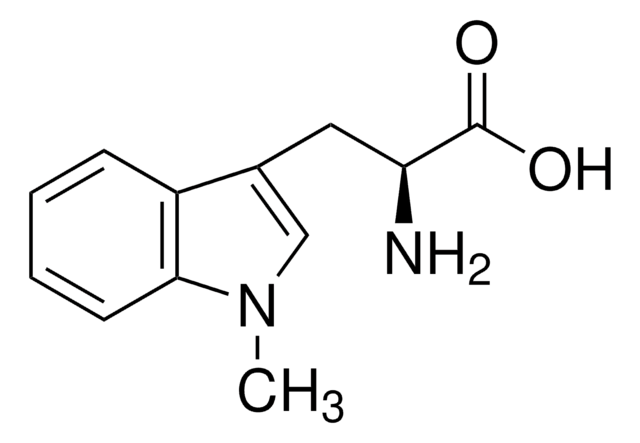P39303
Acide phtalique
reagent grade, 98%
Synonyme(s) :
1,2-Benzenedicarboxylic acid
About This Item
Produits recommandés
Qualité
reagent grade
Niveau de qualité
Pureté
98%
Forme
crystalline powder
powder
Pf
210-211 °C (dec.) (lit.)
Groupe fonctionnel
carboxylic acid
Chaîne SMILES
OC(C1=C(C(O)=O)C=CC=C1)=O
InChI
1S/C8H6O4/c9-7(10)5-3-1-2-4-6(5)8(11)12/h1-4H,(H,9,10)(H,11,12)
Clé InChI
XNGIFLGASWRNHJ-UHFFFAOYSA-N
Vous recherchez des produits similaires ? Visite Guide de comparaison des produits
Catégories apparentées
Description générale
Application
Mention d'avertissement
Danger
Mentions de danger
Conseils de prudence
Classification des risques
Eye Dam. 1
Code de la classe de stockage
11 - Combustible Solids
Classe de danger pour l'eau (WGK)
WGK 1
Point d'éclair (°F)
334.4 °F
Point d'éclair (°C)
168 °C
Équipement de protection individuelle
dust mask type N95 (US), Eyeshields, Gloves
Faites votre choix parmi les versions les plus récentes :
Déjà en possession de ce produit ?
Retrouvez la documentation relative aux produits que vous avez récemment achetés dans la Bibliothèque de documents.
Les clients ont également consulté
Notre équipe de scientifiques dispose d'une expérience dans tous les secteurs de la recherche, notamment en sciences de la vie, science des matériaux, synthèse chimique, chromatographie, analyse et dans de nombreux autres domaines..
Contacter notre Service technique












